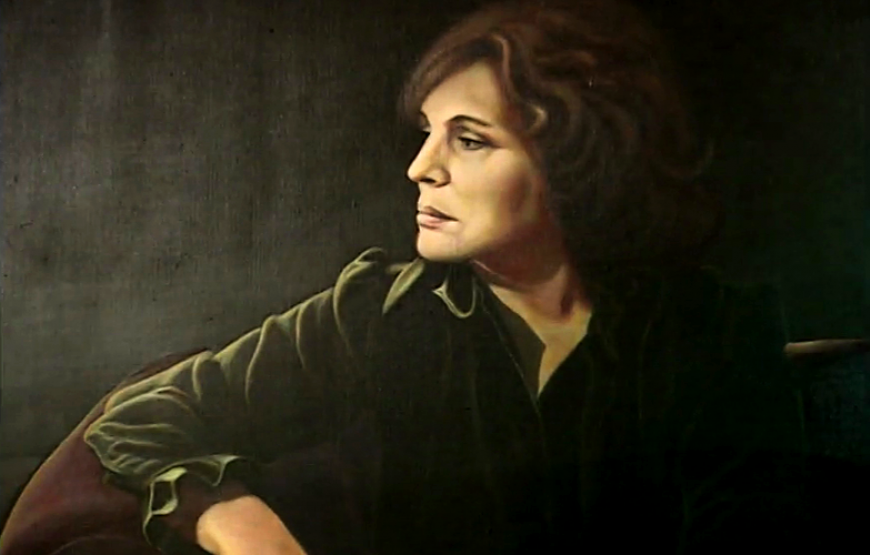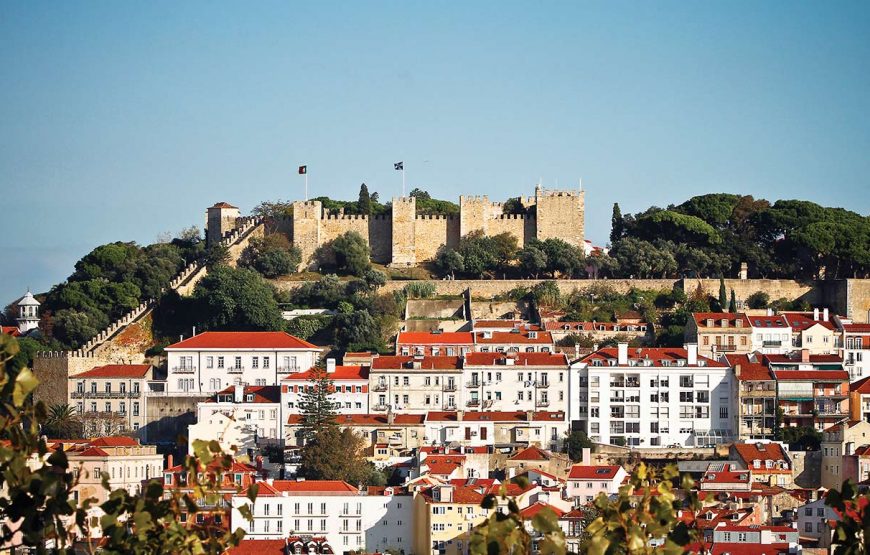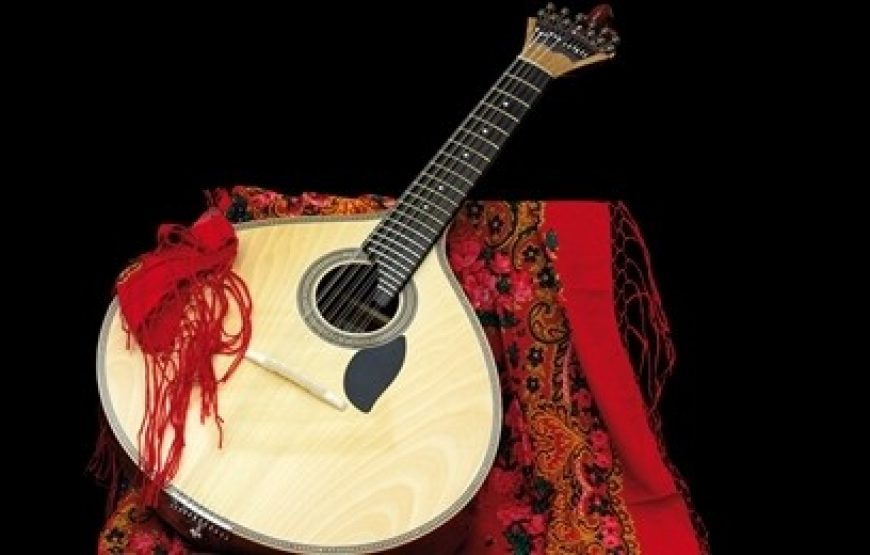3 Days and 2 Night
Specific Tour
30 people
___



The word “fado” comes from the Latin “fatum”, that is, “destination”, it is the same word that gave rise to the words “fada”, “fadario”, and the expression “to run the fado”. A popular explanation for the origin of Lisbon’s fado refers to the chants of the Moors, who remained in the neighbourhood in the Mouraria neighbourhood, in the city of Lisbon after the Christian reconquest. Sorrow and melancholy, so common in Fado, would have been inherited from those corners. However, such an explanation is naive from an ethnomusicological perspective.
07 am Departure towards Coimbra, continuing to Lisbon until the Miradouro de S. Pedro de Alcântara - contemplation and interpretation. Continuation to visit the Church of S. Roque.
01 pm Lunch. Then follow through Bairro Alto, stopping at Tasca do Chico, one of the cradles of Fado Vadio or so-called Amador. Continue to the Santa Catarina viewpoint - stop and contemplate. Continue to Café A Brasileira - a short pause evoking Fernando Pessoa. Continue for a short interpretive walk to Cais de Sodré that will end at Mercado da Ribeira. Then continue through Baixa de Lisboa, with transfer to the hotel - check-in.
8:30 pm Dinner and accommodation.
09 am Departure for a small panoramic view over Lisbon, continuing to the National Pantheon - visit Amália's tomb. It continues until the Fado Museum - visit and performance of a live fado singer.
01 pm Lunch. Footpath through Alfama starting at Terreiro do Trigo, continuing along Rua da Judaria until the Sé de Lisboa. We continue to visit the old courtyards and the viewpoints of Portas do Sol and Santa Luzia, passing by the Mural of Amália Rodrigues. Continue to Castelo de Jorge - visit. Continue to the Miradouro da Graça - contemplation.
20 pm Dinner with fado night at Restaurante Sr. Vinho. Return to hotel and accommodation.
9:30 am Check-out and departure to visit the City Museum. Continuation to Casa Museu Amália Rodrigues - visit.
13:00 pm Lunch. Departure to Estoril - visit the Museum of Portuguese Music. Return to the origin.
Subscribe our newsletter